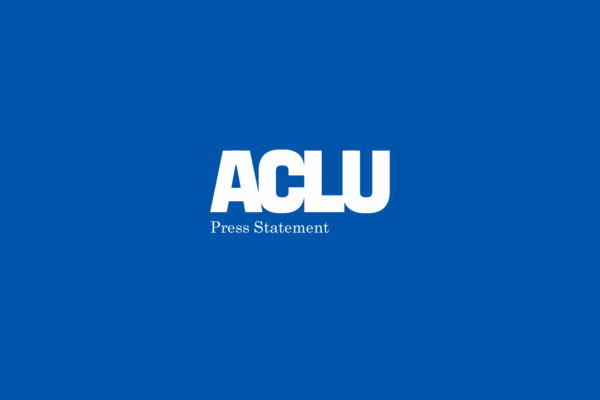Across the country, school districts are struggling with students who don’t have enough money to pay for cafeteria meals and accrue a debt to eat.
Lunch debt collection policies vary from district to district. At some schools, children have had their meals thrown in the trash for unpaid school lunch debt. Others have been barred from participating in extra-curricular or after-school activities.
It’s happening in North Dakota, too.
Often, private donors step in to help foot the bills. Jason Boynton, a math professor at North Dakota State University, hosted a charity music show called Lunch Aid in September to pay off nearly $20,000 in student lunch debt. And earlier this month, a private donor paid off more than $28,000 in additional lunch debt at Fargo Public Schools.
Thanks to a recent Fargo School Board policy update, however, families will no longer have to worry about being sent to collections or referred to social services over lunch debt.
“It’s really hard to learn when you’re hungry. The Fargo School Board’s decision to change its lunch debt collection policies is a positive step for ensuring our kids have the best possible learning environment,” said Dane DeKrey, advocacy director for the ACLU of North Dakota. “But more than that, the school board’s decision to change its policy is a great example of what happens when our elected officials make decisions with input from the community. That’s a win-win situation for everyone.”
Because lunch debt is an issue that affects the entire community, it’s fitting that there’s so many people in the community also pushed for the school board’s policy change.
“I thought it was unacceptable that students were being turned over to collections for school lunch debts,” said Boynton, who is also a member of North Dakota United. “That’s what sparked the idea for Lunch Aid last year. But it turns out I wasn’t the only one who thinks school lunch debt is a problem. Solving big problems is easier when we come together as a community.”
But more should be done for students in Fargo and the rest of North Dakota.
“U.S. policy too often punishes and criminalizes people struggling with poverty, even inside school buildings where children are supposed to be nurtured and kept safe,” DeKrey said. “Soliciting donations to cover school lunch debt isn’t exactly a sustainable solution.”
That change, like the Fargo School Board’s policy update, will take statewide community support and effort.
“The Fargo school board’s policy change is a positive step in the right direction, but school lunch debt is an issue that affects the entire state,” said Jenifer Mastrud, president of the Fargo Education Association. “Helping our kids today will only help make North Dakota stronger tomorrow.”
About the ACLU of North Dakota
The American Civil Liberties Union of North Dakota is a non-partisan, nonprofit organization dedicated to the preservation and enhancement of civil liberties and civil rights. The ACLU of North Dakota is part of a three-state chapter that also includes South Dakota and Wyoming. The team in North Dakota is supported by staff in those states.
The ACLU believes freedoms of press, speech, assembly, and religion, and the rights to due process, equal protection and privacy, are fundamental to a free people. In addition, the ACLU seeks to advance constitutional protections for groups traditionally denied their rights, including people of color, women, and the LGBTQ communities. The ACLU of North Dakota carries out its work through selective litigation, lobbying at the state and local level, and through public education and awareness of what the Bill of Rights means for the people of North Dakota.
###
Stay Informed
Sign up to be the first to hear about how to take action.
By completing this form, I agree to receive occasional emails per the terms of the ACLU’s privacy statement.
By completing this form, I agree to receive occasional emails per the terms of the ACLU’s privacy statement.

